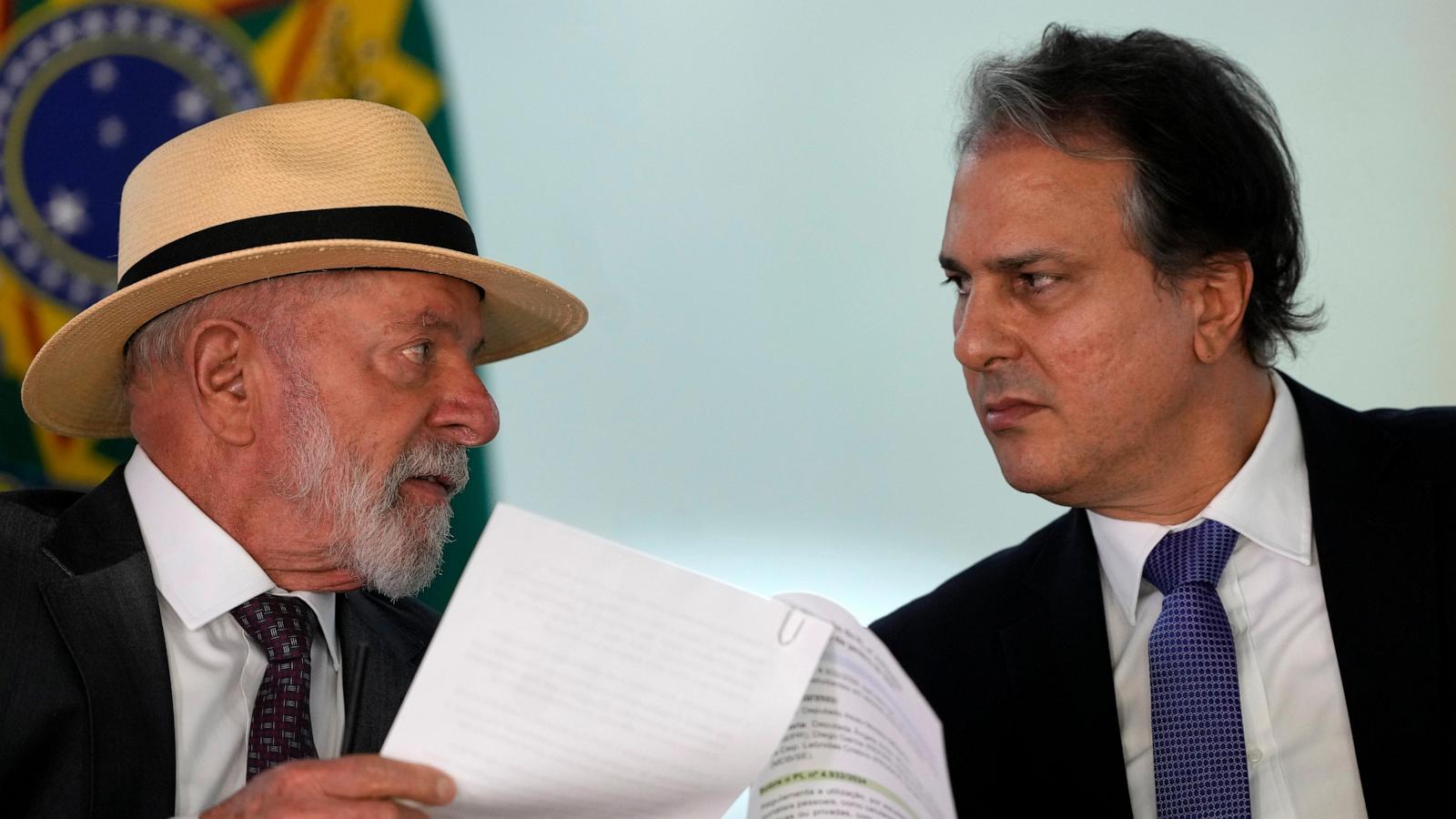
Brazil's Smartphone Crackdown in Schools: A Necessary Evil or Digital Divide?
Brazil Cracks Down on Smartphones in Schools: A Necessary Evil or Digital Divide?
Are smartphones hindering student learning in Brazil? This shocking new law aims to find out! President Lula da Silva recently signed a bill that will restrict the use of smartphones in schools nationwide. This bold move, effective February 2024, sparks debate about balancing technology with traditional learning, leaving parents, students, and educators scrambling for answers.
The Rise of the Smartphone, the Fall of Focus?
Brazil has a smartphone-to-person ratio of over 1, highlighting the pervasiveness of technology in daily life. With Brazilians spending more than 9 hours daily looking at screens, it's no surprise the impact extends to the classroom. Students struggle to focus during class, leading to decreased academic performance and an increased likelihood of cyberbullying, online harassment and associated mental health concerns. Reports link increased smartphone usage to rising rates of anxiety, depression, and even suicidal ideation among youth. This worrying trend isn't unique to Brazil, as countries worldwide grapple with the unintended consequences of ubiquitous screen time.
The Educational Impact of Smartphone Restriction
The Brazilian government's argument is clear. Restricting smartphone access aims to create a more focused learning environment, reducing classroom disruptions and improving students' ability to concentrate on their studies. The new laws allow for use of devices only during emergencies, educational purposes, or to accommodate students with special needs. Proponents say that these restrictions would allow for students to interact face-to-face more often, encouraging positive development of interpersonal skills which are vital for the future and might reduce social anxieties.
A Nation Divided: Navigating Parental Concerns
Many parents support the bill, seeing it as a much-needed intervention to protect children. A recent survey revealed two-thirds of Brazilians support restricting or banning the use of smartphones for children at school. This signifies significant public backing for this bill. Yet, there are counterpoints. Parents express concern about the accessibility of information and potential difficulties faced by students from poorer backgrounds, where smartphone usage might represent the only option for homework access. This raises concerns about creating additional digital inequalities. Is the current government approach a justifiable restriction, or will it harm those who least afford to lose access to this ubiquitous technology?
Balancing Act: Supporting Students from Disadvantaged Backgrounds
The bill's implications for students from lower socioeconomic groups, who may heavily rely on smartphones for educational resources and internet access outside of school, deserve particular attention. While advocating for minimizing disruptions within school settings, Brazil must concurrently explore mechanisms to ensure students aren't unduly disadvantaged by these changes, addressing digital equity alongside smartphone restriction policies. Implementing public access locations within their communities and increasing their existing education initiatives could resolve this discrepancy.
A Global Trend: The Smartphone Ban Spreads
Brazil isn't alone. Many countries are implementing similar measures or have already introduced stricter smartphone use policies in schools. France banned smartphone usage for kids aged six to 15, while China introduced tighter control measures last year. This global trend reflects a growing concern over the impact of technology on young minds. A recent UNESCO report shows one in four countries now regulate smartphone use in schools, with similar bills advancing in other countries including the United States.
Lessons from International Experience
By studying the outcomes in places which introduced similar bills and strategies earlier, and understanding the challenges they experienced during implementation and adaptation to these changes, Brazil can potentially avoid a great many difficulties that may present. The international community, through collective experience in this arena, may better prepare the Brazilian government for this inevitable transition.
Take Away Points
Brazil’s new smartphone restrictions in schools highlight a complex issue. The decision presents a necessary and difficult choice of promoting positive offline learning outcomes and addressing the harmful effects of unrestricted phone usage while carefully addressing the potential for worsening socioeconomic inequalities. Striking the balance will require innovative strategies that prioritize educational growth and equity.








